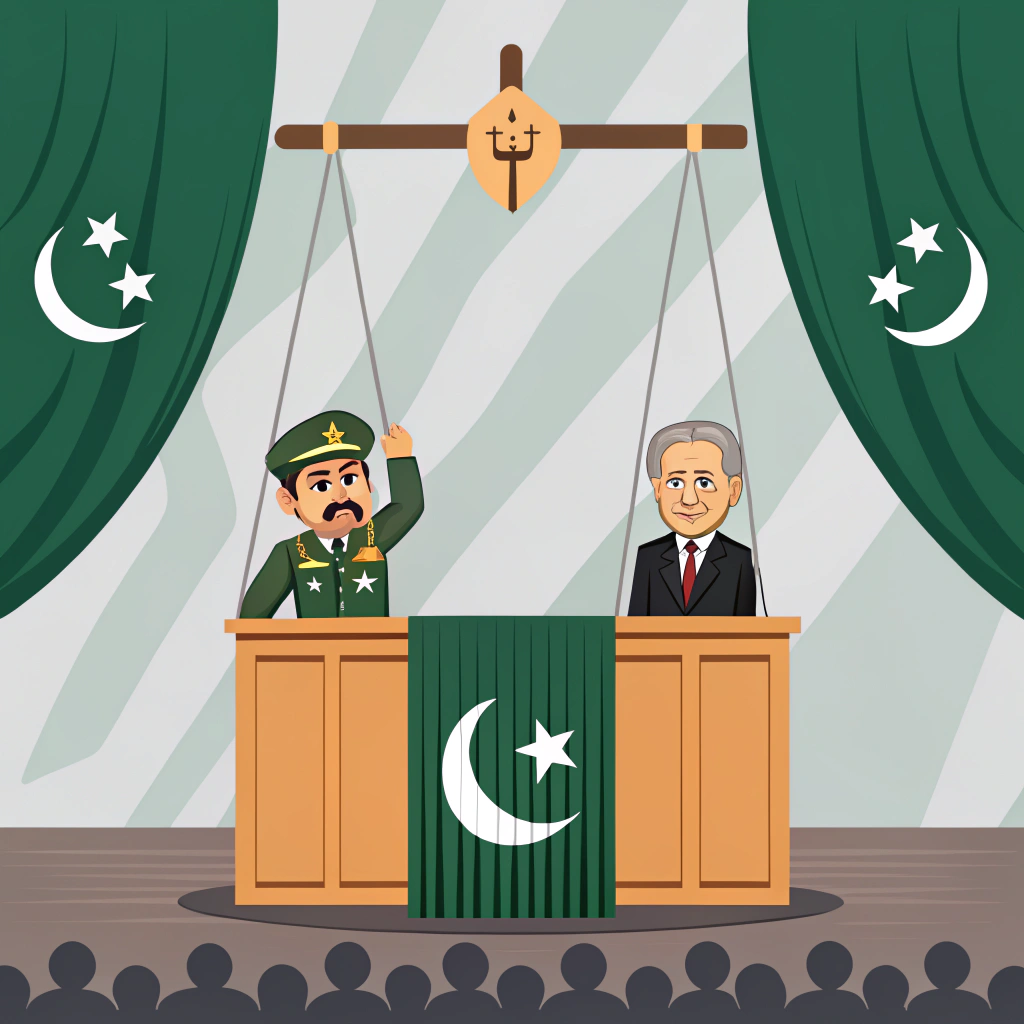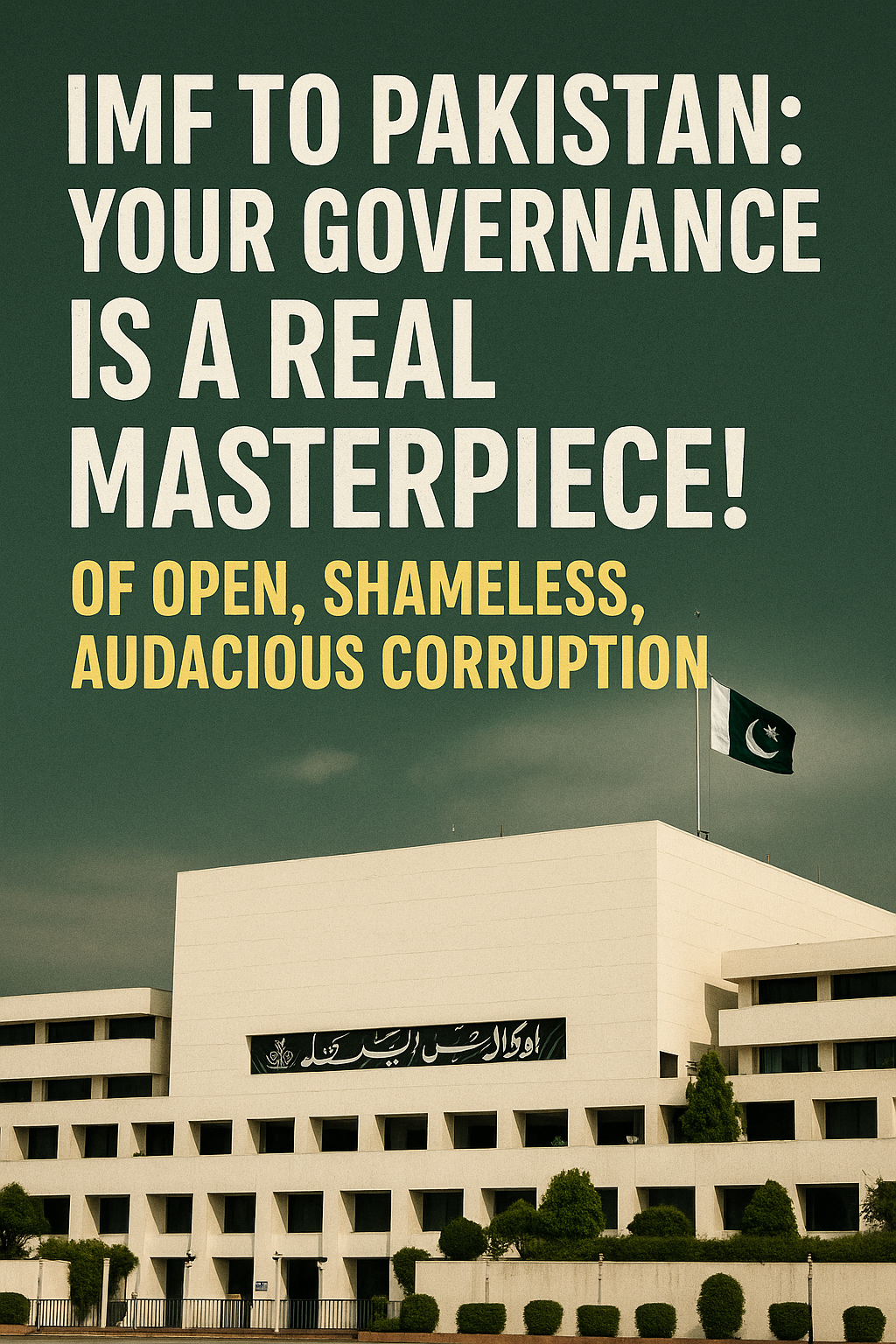On March 1, 2025, Sarwar Bari, a seasoned election observer and leader of the PATTAN Election Observation Group, delivered a powerful testimony to senior U.S. Congressional staffers. Now in exile, Bari revealed the shocking extent of fraud in Pakistan’s recent elections and the brutal crackdown that followed the release of PATTAN’s explosive report. Hosted by Pakistani-American journalist Wajahat Saeed Khan, this closed-door briefing exposed a system bent on silencing dissent and rigging democracy. Here’s what Bari shared—and why it matters.
The Trigger: PATTAN’s Damning Election Report
It all started with PATTAN’s report, released just a week before the briefing. Unlike other groups tied to foreign funding, PATTAN operates independently, a point Bari emphasized: “We don’t take money from any agency, international NGO, or grant.” This independence, he argued, keeps their findings untainted. With over 30 years of experience—covering every major election since 1990—Bari declared this election “unprecedented” in its level of manipulation. The report didn’t just stir debate—it sparked chaos, drawing swift retaliation from Pakistan’s authorities.
The Fallout: Repression Hits Hard
The report’s release sent shockwaves through Pakistan’s media and beyond. Leading anchors like Kashif Abbasi bravely covered its findings—only to be yanked off air. “When our report hit the media, the top anchors ran it,” Bari recalled. “Kashif Abbasi aired it, but then he was taken off. We knew something would happen to us too.” That “something” came swiftly. At midnight in Islamabad, police raided Bari’s home, dragging his wife, her sister, and their 90-year-old aunt into the night without explanation. Soon after, PATTAN’s Multan office was sealed. “We had no weapons,” Bari said. “Just paper, pens, and laptops—our tools for work.” The message was clear: truth-tellers would pay a steep price.
The Evidence: 227 Ways to Rig an Election
PATTAN’s report is a staggering document, listing 227 specific methods of electoral fraud. Bari highlighted three standout irregularities that mark this election as a historic low. First, reserved parliamentary seats—meant for certain parties—remain unallocated, a first in Pakistan’s history. Second, the PTI party’s electoral symbol, the bat, was stripped away, forcing candidates to run as independents—an unheard-of move since 1988. Third, the judiciary was strong-armed into legitimizing the fraud. Bari pointed to the 26th Constitutional Amendment, passed at 3 a.m. with intelligence agencies allegedly abducting lawmakers to secure votes. “This has never happened before,” he stressed.
A Veteran’s Verdict: “Unprecedented Fraud”
When Congressional staffers asked if this election was worse than past ones, Bari didn’t hesitate. “I’ve covered many elections, but the way this one was conducted—it’s unprecedented. No election in recent history has been this rigged.” He backed this up with examples, like a PML-N leader from Faisalabad claiming 18 seats when they’d won 17. Even more damning, Bari exposed how Nawaz Sharif’s vote count jumped from 517 to 1,517 with a single digit added—a “cheating” move by a three-time prime minister that stunned listeners.
The Culprit: ISI Pulls the Strings
Who was behind this elaborate fraud? Khan pressed Bari for an answer, and his response cut deep: “Considering Pakistan’s recent history, this entire system is a front for the ISI. End of story.” This bombshell—now part of Congressional records—pins the blame on the military’s Inter-Services Intelligence, long suspected of meddling in politics. It’s a charge that ties this election to decades of shadowy interference, now laid bare on an international stage.
Silencing the Messengers
The repercussions were immediate and ruthless. Bari’s family faced the midnight raid, while journalists like Abbasi lost their platforms for daring to report the truth. Pakistan’s media buried the report, with no major outlet risking publication. Yet, its impact reached Washington, where 15 to 20 of Congress’s most powerful staffers probed Bari with questions—comparing this election to past ones and weighing its broader fallout. Their interest hints at growing U.S. concern over Pakistan’s democratic decay.
A Call to Action from Exile
Now exiled, Bari’s personal cost is immense, but his final words offered hope. “Democratic countries must help, but not with money—technical support is what we need,” he urged. It’s a plea for practical aid to bolster Pakistan’s battered civil society, where patience is wearing thin against relentless oppression. Bari’s voice, amplified through this briefing, stands as both a testament to courage and a warning: silencing the truth only delays its reckoning.
This wasn’t just an interview—it was a wake-up call. From midnight raids to media blackouts, Pakistan’s authorities have shown how far they’ll go to protect their lies. But as Bari’s story spreads, the cracks in their facade grow harder to hide.




Leave a Reply